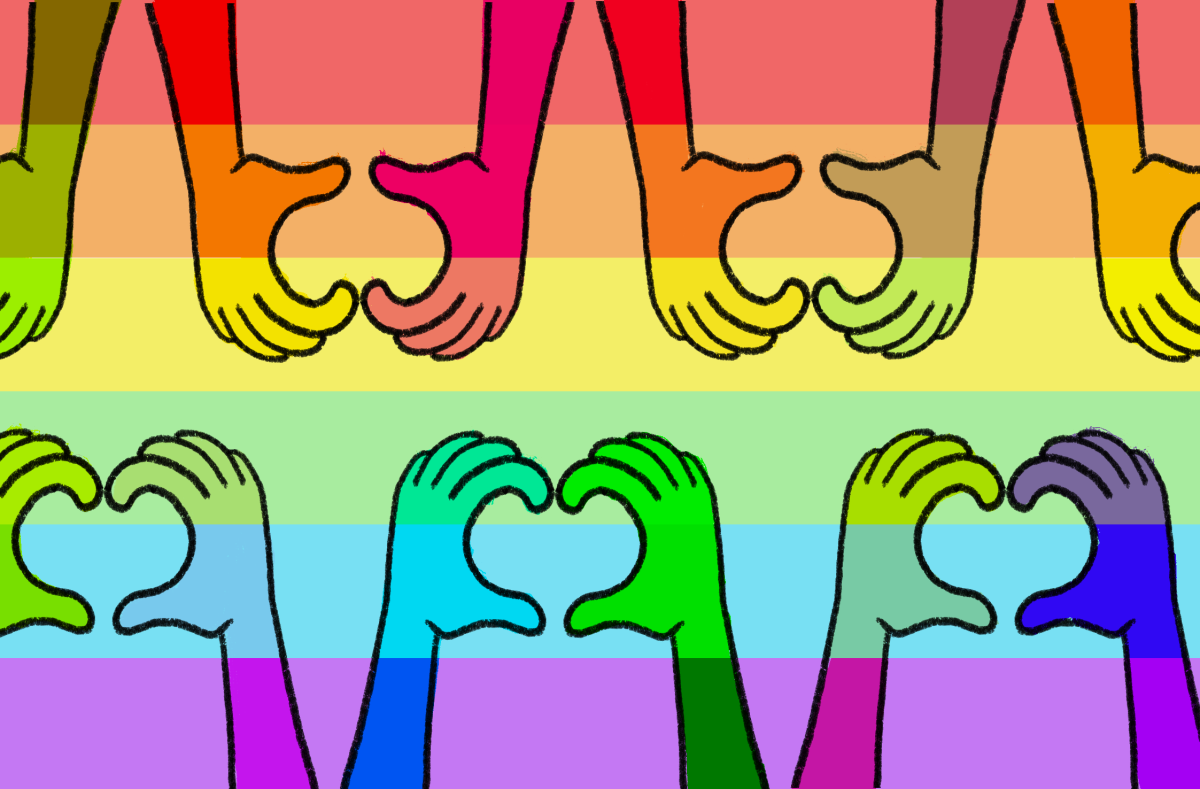The Gay, Lesbian, Bisexual and Transgender (GLBT) Center at NC State promotes Project SAFE Ally and the GLBT Advocate Program for faculty, staff and students to further their understanding on issues that affect LGBT students on campus. Individuals who participate in these programs have their names and contact information on a public list, which can be easily accessed by students.
Andy DeRoin, the program coordinator for the GLBT center, believes that these programs are important to make resources available and accessible to students.
“We put their contact information online,” DeRoin said. “We do this so that if someone was in like biological sciences and they were like ‘who could I possibly talk to?’ they have a list to go to knowing that everybody on that list has a baseline knowledge of how to support students and what resources to direct them to.”
According to DeRoin, the Project SAFE Ally Program requires a three hour workshop hosted by the GLBT Center. After the training is completed, their name will stay on the list for as long as they are comfortable.
The GLBT Advocate Program is a continuing education program that requires someone to attend one GLBT sponsored event and one program each semester.
“Every year in August we reset the Advocate List,” DeRoin said. “We’re up to 350 advocates right now who have signed up for 2018 and 2019.”
Alejandra Ortiz, an assistant professor in the Department of Civil, Construction, and Environmental Engineering, and a member of the GLBT Advocate List, feels that the GLBT Advocate List allows for LGBT students to make connections with faculty that may have similar experiences.
“I think it’s important that there are spaces for students not just in the GLBT Center but also within their department,” Ortiz said. “I think it’s important to provide safe spaces for students and to showcase openly that there may be faculty and staff who have gone through similar things and can succeed even if they’re gay or not or whatever that may be.”
Caleb Bartholomew, a third-year studying English and a student on the GLBT Advocate List, says that the GLBT Advocate Program allows students, faculty and staff to get involved with LGBT students even if they don’t have time to volunteer at the GLBT Center.
“I’m not able to dedicate a lot of time to the GLBT Center to serve on like GLBTCA or other areas that they have,” Bartholomew said. “So I think that it’s important that there are other avenues to get involved with the GLBT Center.”
Ortiz stated the GLBT Advocate Program is difficult for faculty to complete.
“The thing is, as faculty, our time is always incredibly limited,” Ortiz said. “So even though I think the events are well-done, it’s hard.”
DeRoin recognizes that time is limited for faculty, but believes that the GLBT Center is working to make these programs more accessible to them.
“A lot of what’s stopping people is time; we’ve worked with some colleges to make it more accessible for faculty,” DeRoin said. “Like three hours out of a faculty member’s day is a lot. So we’ve tried to break it up and make it more flexible and schedule it all across the board.”
DeRoin said the programs are open to everyone including the community with the intent of making the programs as accessible as possible.
“We’ll take anybody,” DeRoin said. “We market it all as its open to faculty, staff, students, and the community. Like, we’ve got people that we train pretty consistently from St. Mary’s. Part of the police department’s onboarding is attending Project SAFE. We’re trying to make it as accessible as possible.”
However, Ortiz and Bartholomew believe that these programs are not advertised enough.
“I feel like it’s catered a little bit more toward faculty and staff instead of students,” Bartholomew said. “I wish I had known about it earlier.”
DeRoin recognizes these concerns and says that the GLBT Center has goals for improving these programs.
“I think that there are two areas of growth that we should explore,” DeRoin said. “First, how do we engage more students and second, how do we make stuff more accessible to faculty?”
Overall, Ortiz believes that these programs are important and make the campus more welcoming to not only LGBT students, but LGBT staff and faculty.
“I see it as a way to be out about who I am as a gay woman here at NC State and provide an opportunity for students, if they feel so inclined, to come and talk and easily identify that,” Ortiz said. “I think it’s an incredible resource and it really makes me feel happy and feel more at home here at NC State.”








